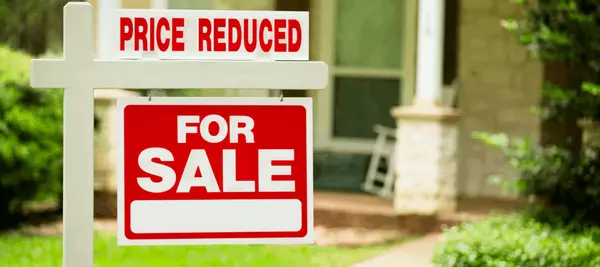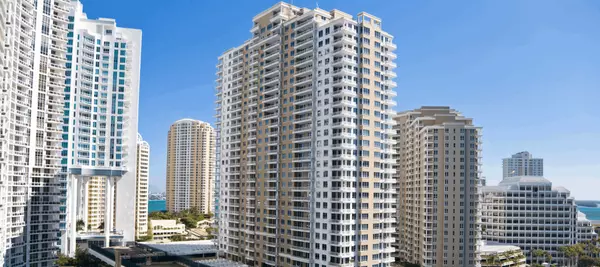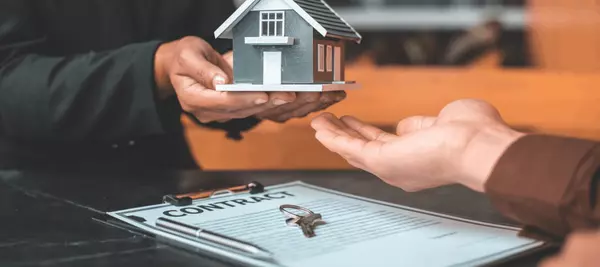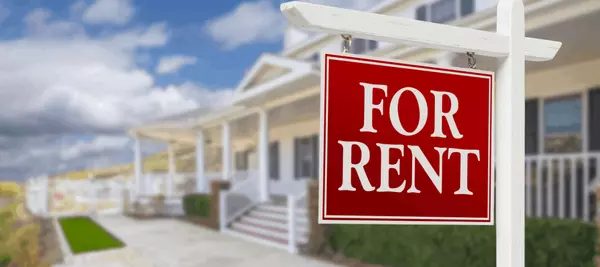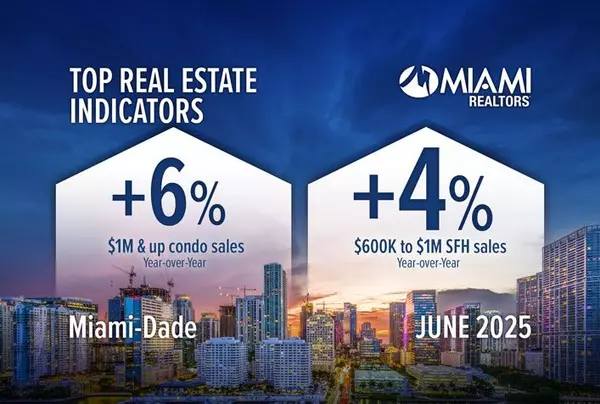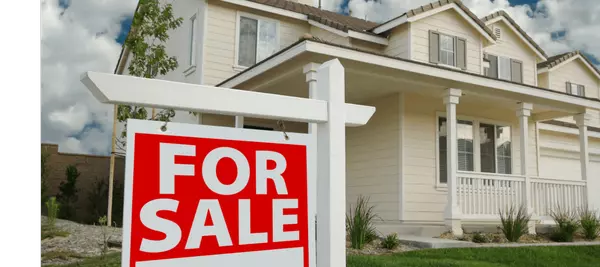Florida’s New Condo Reform Law: A Local Guide for Miami Buyers and Sellers
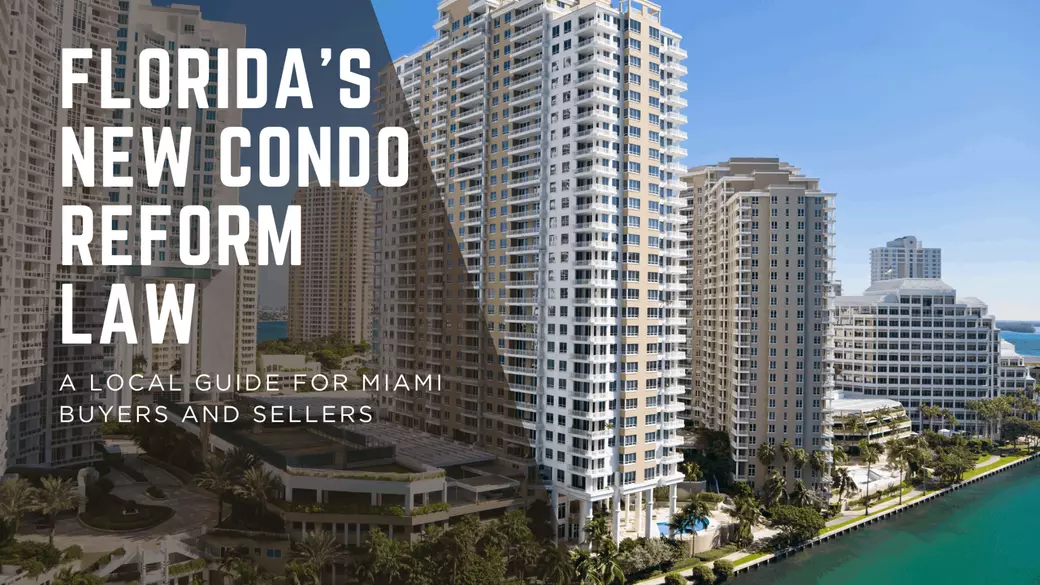
Florida’s New Condo Reform Law: A Local Guide for Miami Buyers and Sellers
Florida’s condo market just got a major shake-up. On June 18, 2025, Governor Ron DeSantis signed HB 913, a sweeping reform package aimed at easing the financial pain many condo owners have felt since post-Surfside safety rules sent association fees through the roof. The headline benefit? Associations can now tap loans and credit lines, rather than hitting owners with sudden five-figure assessments, to pay for mandatory repairs and reserves.
If you own, plan to buy, or hope to sell a condo anywhere in Miami-Dade or Broward, these changes matter. Below you’ll find a plain-English walkthrough of the bill, why it passed, and most importantly, how to position yourself for the opportunities (and the pitfalls) it creates.
Quick Take (for the “just tell me” crowd)
- Financing relief: Associations may use loans or credit lines to meet reserve requirements, cutting the need for massive one-time assessments.
- Deadline extensions: Buildings now have until December 31, 2025 to finish their Structural Integrity Reserve Studies (SIRS), a one-year reprieve that many Miami boards desperately needed.
- Higher repair threshold: Only items costing $25,000+ (up from $10,000) count toward reserve studies, trimming future budgets for many mid-rise buildings.
- Two-year pause: Boards may suspend reserve contributions for up to two budgets right after a milestone inspection, giving owners breathing room.
- Transparency upgrades: Electronic voting, stricter conflict-of-interest rules for managers, and new disclosure forms for sellers all aim to protect owners and buyers.
👀 Want the deeper dive? Keep reading, or jump to the buyer and seller action plans below.
Why Reform, and Why Now?
After the 2021 Surfside tragedy, Florida passed SB 4-D, mandating milestone inspections and fully funded reserves for most three-story-plus condos. While the intent was safety, the side effect was sticker shock: HOA fees and special assessments soared, forcing many retirees and first-time buyers to the sidelines. Lawmakers heard the outcry, especially from coastal districts like Miami, and spent the 2024–25 session hashing out fixes.
HB 913 is the compromise. It keeps the safety backbone of SB 4-D but adds financial flexibility and tighter governance to prevent abuse.
Key Provisions, Decoded for a South Florida Audience
- Flexible Funding for Reserves and Repairs
Associations may now:
- Secure bank loans or credit lines (with majority-owner approval) to cover reserve shortfalls or urgent repairs.
- Invest reserve funds, but only in low-risk CDs at insured banks or credit unions.
Local impact: Expect more boards to finance roof or concrete restoration projects over 10–15 years, smoothing monthly fees instead of springing lump-sum bills on owners.
- One-Year Extension for SIRS
The deadline to complete the first Structural Integrity Reserve Study slides to December 31, 2025.
Local impact: Many pre-2000 Miami Beach towers that were scrambling for engineers now gain time, potentially postponing special assessments and calming resale price drops.
- Higher Cost Thresholds
Only components valued at $25,000 or more must appear in the reserve study (indexed for inflation starting 2026).
Local impact: Smaller line items, like lobby flooring, can stay in operating budgets, keeping official reserve targets lower.
- Reserve Contribution “Holiday”
Boards may pause reserve payments for two consecutive budgets right after a milestone inspection, but only with owner approval.
Local impact: Buyers should still model worst-case fees once the pause ends; sellers can highlight short-term fee relief in listings.
- Stronger Conflict-of-Interest and CAM Rules
Community Association Managers (CAMs) and vendors must disclose if they plan to bid on follow-up repair work. Violations let boards void contracts without owner petitions.
Local impact: Expect cleaner bidding processes, great news for investors worried about overbilled projects.
- Electronic Voting and Virtual Meetings
If 25 percent of owners demand e-voting, the board must implement it within 21 days. Meetings held on Zoom or Teams must be recorded and posted online for at least a year.
Local impact: Out-of-state owners in Brickell and Sunny Isles can finally vote without flying in.
- Expanded Seller Disclosures
Resales must now include the latest budget, financials, inspection status, and reserve information, and buyers enjoy a seven-day rescission window instead of three.
Local impact: Transparent books should bolster buyer confidence, especially in older coastal towers.
- Insurance Alignment
Associations must base property coverage on a professional appraisal every three years and plan for a 250-year wind event.
Local impact: Premiums may climb, but claims should settle faster after storms, important for high-rise waterfront buildings.
What Does All This Mean for the Miami Condo Market?
Short-Term (Next 6–12 Months)
- Listings may rise as owners who delayed selling during the fee spike see light at the end of the tunnel.
- Buyers regain leverage in buildings still chasing inspections, because fees remain uncertain.
- Newer towers (post-2000, high reserves) could see a small price bump as risk-averse buyers flock to them.
Mid-Term (12–24 Months)
- Financing costs shift from lump-sum to monthly loan payments, stabilizing, but not necessarily reducing, HOA budgets.
- Investors may target older Class-B buildings, betting boards use loans to stay solvent instead of hitting owners with assessments.
Long-Term (2027+)
- Stronger governance + enforced funding should raise overall building quality and, by extension, resale values, much like Miami-Dade’s historic 40-year recertification program did for safety.
Buyers: How To Make the New Rules Work for You
- Request the docs early
Ask for the reserve study status, loan terms, and any paused contributions before you write an offer. - Budget realistically
Even with loans, monthly dues can still rise. Model a 10–15 percent buffer above today’s HOA line item. - Watch the loan covenants
Some association loans restrict additional borrowing; that can cap surprise assessments later, a hidden plus. - Lean on local expertise
Our team tracks which Miami-Dade buildings have already completed their SIRS and which still face big spends. That intel can save you thousands.
Ready to find a Miami condo that aligns with your budget and lifestyle? Schedule a no-pressure strategy call with The Suarez Team ↗
Sellers: Position Your Unit for Maximum Value
- Gather your paperwork now
Buyers will ask, and Florida law now requires you to provide it. Have the latest budget, inspection reports, and reserve study receipts in a single PDF. - Highlight relief, not uncertainty
If your board has already lined up financing or qualifies for the two-year pause, market that as near-term fee stability. - Price with tomorrow’s buyer in mind
Units in buildings that still need inspections may sell, but expect concessions. Conversely, towers that passed early can command premiums. - Stage the “lifestyle,” not just the unit
Buyers want confidence that the entire building is secure and well-run. Photos of renovated common areas and clear elevator certificates go a long way.
Thinking of cashing out while demand is building? Get a no-obligation valuation from The Suarez Team ↗
Investors and Property Managers: Key Takeaways
- Loan underwriting matters: Boards with investment-grade terms may attract 1031 buyers seeking lower-risk cash flow.
- CAM compliance: New disclosure rules could weed out self-dealing vendors, creating price savings on capital projects.
- Bulk-buy opportunities: As some associations pause reserves, units in need of renovation may hit the market at discounts, particularly in North Beach, Edgewater, and Aventura.
Final Thoughts: A Safer, Fairer Condo Landscape, If You Act Strategically
HB 913 doesn’t erase the tough lessons Miami learned after Surfside. Buildings still need costly inspections, and long-term reserves remain non-negotiable. What the law does is spread the pain and increase transparency, both welcome changes for a market built on confidence.
Whether you’re eyeing a pre-construction Brickell tower or considering selling a cherished beachfront condo in Key Biscayne, understanding the new rules is step one. Step two is partnering with local experts who read the fine print daily.
Have questions about your specific building or buying plan? Let’s talk, no scripts, no pressure, just straight answers.
Call/text Julio at 305-785-0985 or email julio@SuarezTeamMiami.com today.
Sources: Florida Phoenix legislative report, April 30, 2025 (floridaphoenix.com); News4JAX bill summary, April 30, 2025 (news4jax.com); KSN Law HB 913 analysis, May 27, 2025 (ksnlaw.com); Realtor.com headline, June 18, 2025 (realtor.com)
Recent Posts


